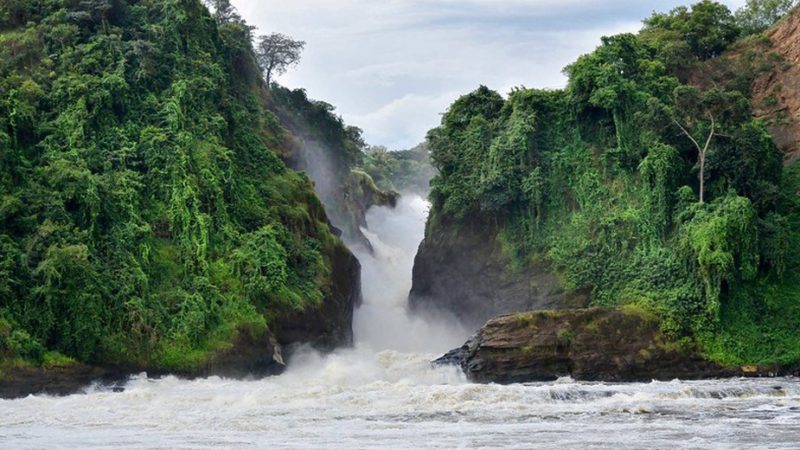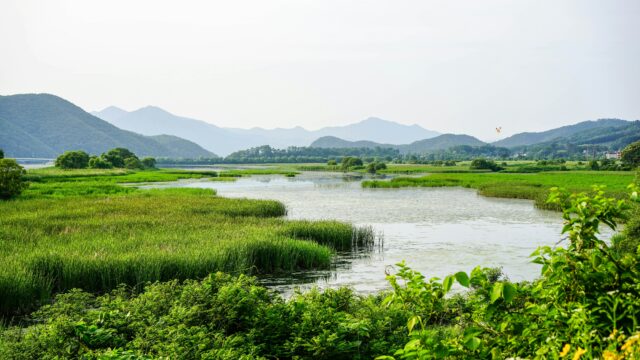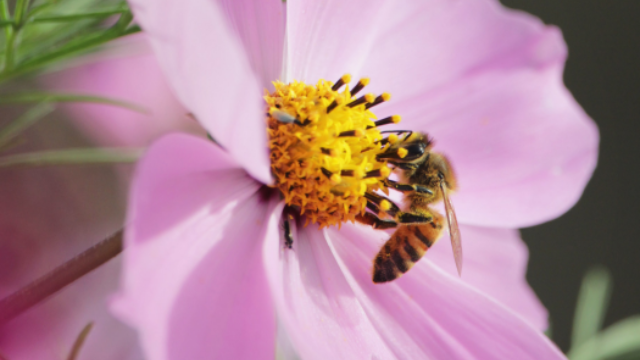Towards a nature positive economic recovery post COVID-19
This online event will share emerging insights from a global analysis on integrating nature into COVID-19 recovery plans and budgets.

This online event will share emerging insights from a global analysis on integrating nature into COVID-19 recovery plans and budgets.
Date: 23 November 2021
Time: 11am-12pm GMT
Without clean water, air and productive and healthy soils, our economies and our societies cannot function. Natural capital is declining globally at unprecedented rates with grave impacts on people around the world, yet our economies are blind to their dependence on nature.
This online event will explore how countries can sustain and conserve nature in their COVID-19 recovery strategies to build back fairer, greener and with nature.
Over half of global gross domestic product (GDP) is dependent on nature. Yet a staggering one fifth of countries are at risk of their ecosystems collapsing due to a decline in biodiversity and related ecosystem services. More than one billion jobs globally depend on healthy and functioning ecosystems.
The degradation of nature is a pressing social, economic and environmental concern, which impacts poor and vulnerable communities. While we have made strides in integrating nature in economic policy, and increasingly in climate policy, for the most part investing in nature and biodiversity remains marginal to economic decision-making, including planning, budgeting and investment processes.
The most high-profile economic decision-making currently relates to the COVID-19 pandemic. Despite growing evidence that investing in nature is an economic winner, much of the public spending deployed for the COVID-19 recovery has not been adequately green and largely under-invests in nature.
At this IIED Debates event co-hosted with us, we will hear emerging insights from a global analysis on integrating nature into COVID-19 recovery plans and budgets.
By sharing findings from country case studies in Brazil, India, France and Uganda under the 'Economics for Nature' project, our panel will discuss tangible nature positive and nature negative actions and recommendations for investing in nature as part of COVID-19 recovery.
About the speakers
- Najma Mohamed (moderator) is policy director at the Green Economy Coalition
- Marysol Goes is the Amazon green economy hub convenor at Fundação Amazônia Sustentável (FAS)/Amazon Sustainable Foundation in Brazil
- Dr. Satabdi Datta is manager for policy and planning at Development Alternatives in India
- Christophe Picamilh is research consultant at Vertigo Lab in France
- Aron Werikhe is planner for environment and natural resources at the National Planning Authority of Uganda and consultant for Advocates Coalition for Development and Environment, Uganda
- Paul Steele is chief economist in IIED's Shaping Sustainable Markets research group
About IIED Debates
This event is part of the IIED Debates series. Through the convening of expert speakers and external stakeholders, IIED brings together an international community to discuss critical issues.
IIED Debates encompass both physical and digital events, including critical themes, breakfast debriefs and webinars. These events are public and are hosted regularly throughout the year online and when possible in their London and Edinburgh offices.
About attending
Webinars are online workshops that people can attend via the internet from their desk or portable internet device.
This webinar will use the Zoom video conferencing platform. For those who have not attended a Zoom webinar before, please read this guide to participation as an attendee.
The event will be recorded to be distributed publicly afterwards. By registering for this event, you agree to give your consent for this.
The information you provide will be held on the IIED database to process your booking. IIED does not share data with any third parties. They may contact you in the future about other IIED events. Please let them know if you do not want to receive any further information from them.
Image credit: Murchison Falls, Uganda. Close to one-third of wealth in low-income countries such as Uganda comes from natural capital (Photo: Rod Waddington via Flickr, CC BY-SA 2.0)


